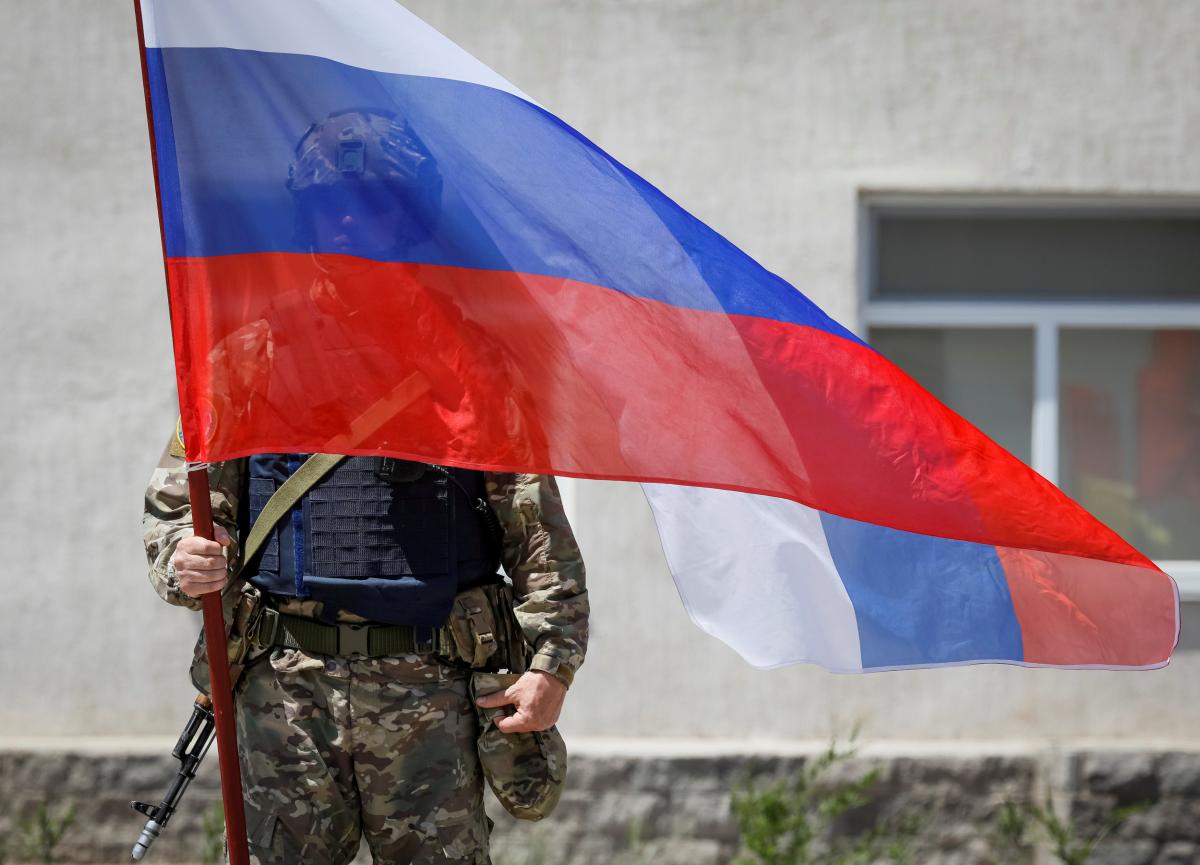
Austria has arrested a retired army colonel on suspicion of spying for Russia, chancellor Sebastian Kurz has said.
The officer is accused of beginning to work for Russian military intelligence in the 1990s and continued to maintain the relationship until 2018, Mr Kurz told a news conference Friday, according to The Independent.
The chancellor said the case and allegations of espionage in the Netherlands, “don’t improve relations between Russia and the European Union.”
Earlier this year, the Netherlands expelled four Russians it suspected of planning a cyber-attack on the worlds chemical weapons watchdog in the Hague.
“At the moment we’re demanding transparent information from Russia," Mr Kurz said. “Russian spying in Europe is unacceptable and to be condemned.”
Austrian foreign minister Karin Kneissl summoned the Russian ambassador over the matter and cancelled an upcoming trip to Moscow, the chancellor added.
Read alsoSkripal poisoning suspect's colleague from GRU found in Latvia - media
Russian foreign minister Sergei Lavrov said he was “unpleasantly surprised” by the allegations, Rusian news agencies RIA and Interfax reported,
Austria’s defense minister Mario Kunasek said Vienna was warned “a few weeks ago” by a friendly European intelligence agency about the suspected spy.
Mr Kunasek said the colonel in question retired five years ago. The man’s electronic devices, including a laptop, are being examined.
According to Die Presse, when confronted with evidence of his wrongdoings, the detainee confessed to security officials that he had in fact been working for the Russians, contacting his curator, who goes by the name of Yuriy, fortnightly.
The Russian intelligence apparently alleged that their man could soon be revealed, and instructed that he destroy all evidence of his spy work. However, the law enforcers prevented the culprit of getting rid of factual evidence.
The documents seized suggest that as early as 2006, the man attempted to sever ties with the Russians but he was never allowed to do so, according to Kronen Zeitung.
Shortly before his arrest, the retired colonel passed to Russians information on the migration situation in the country and detailed psychological portraits of certain Austrian officials.

